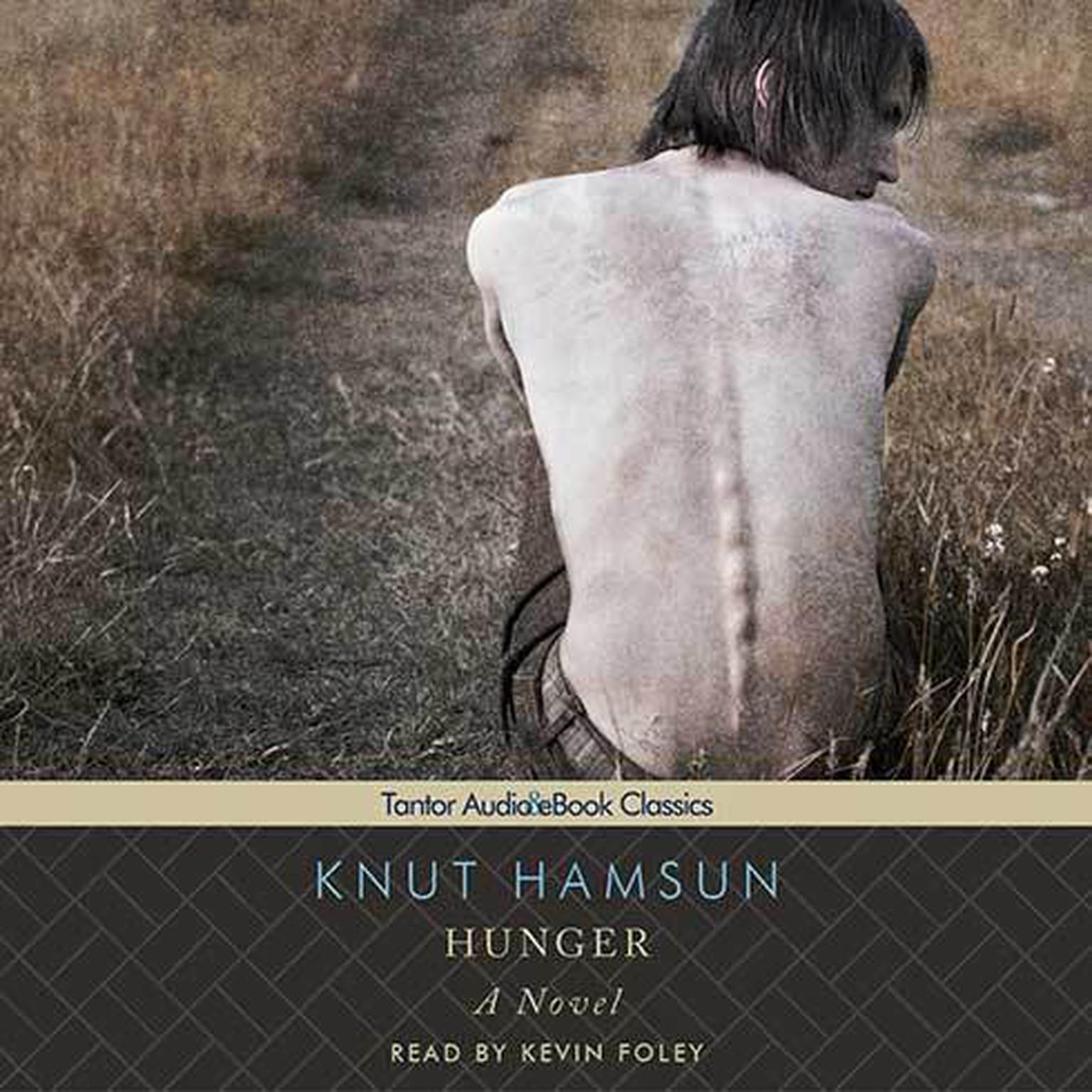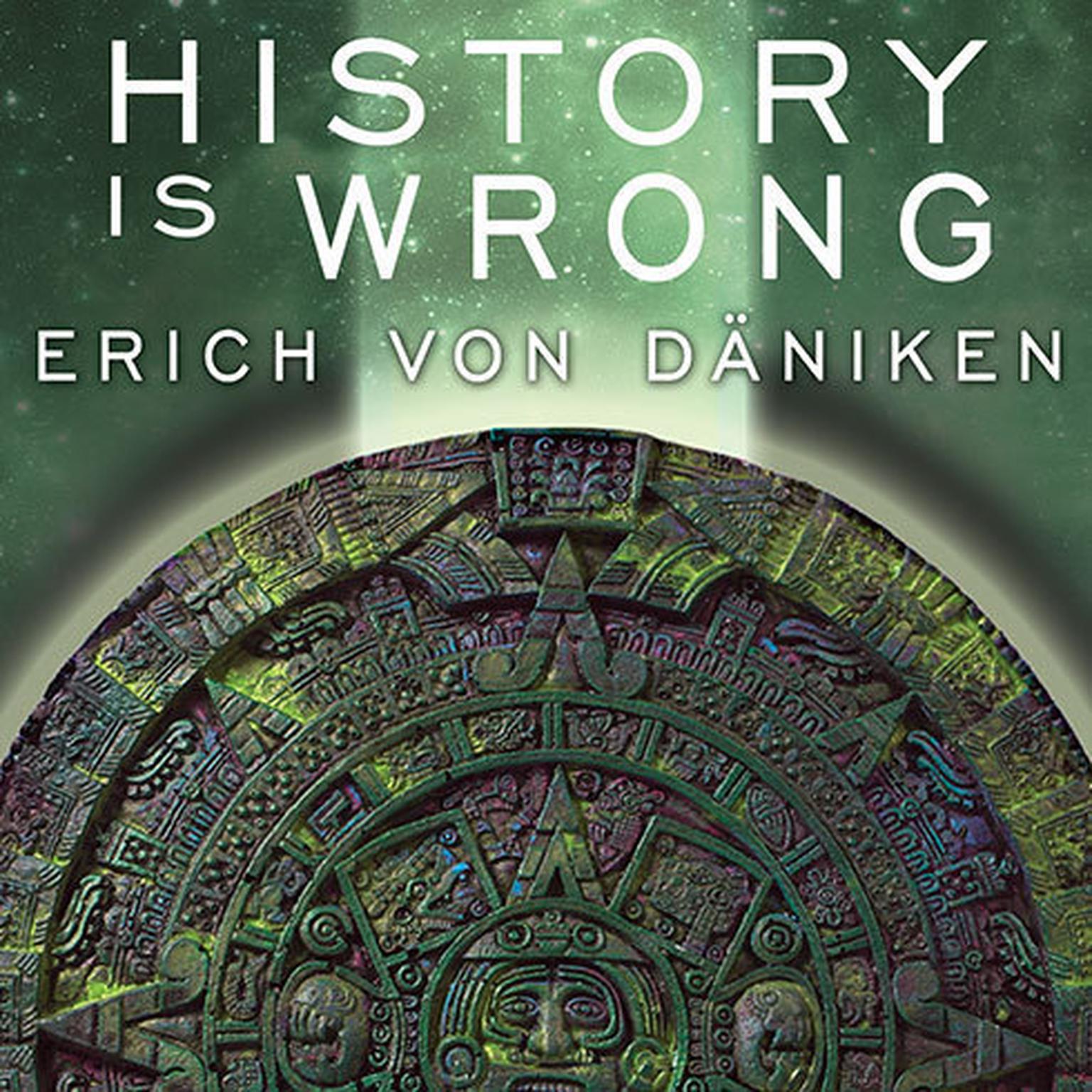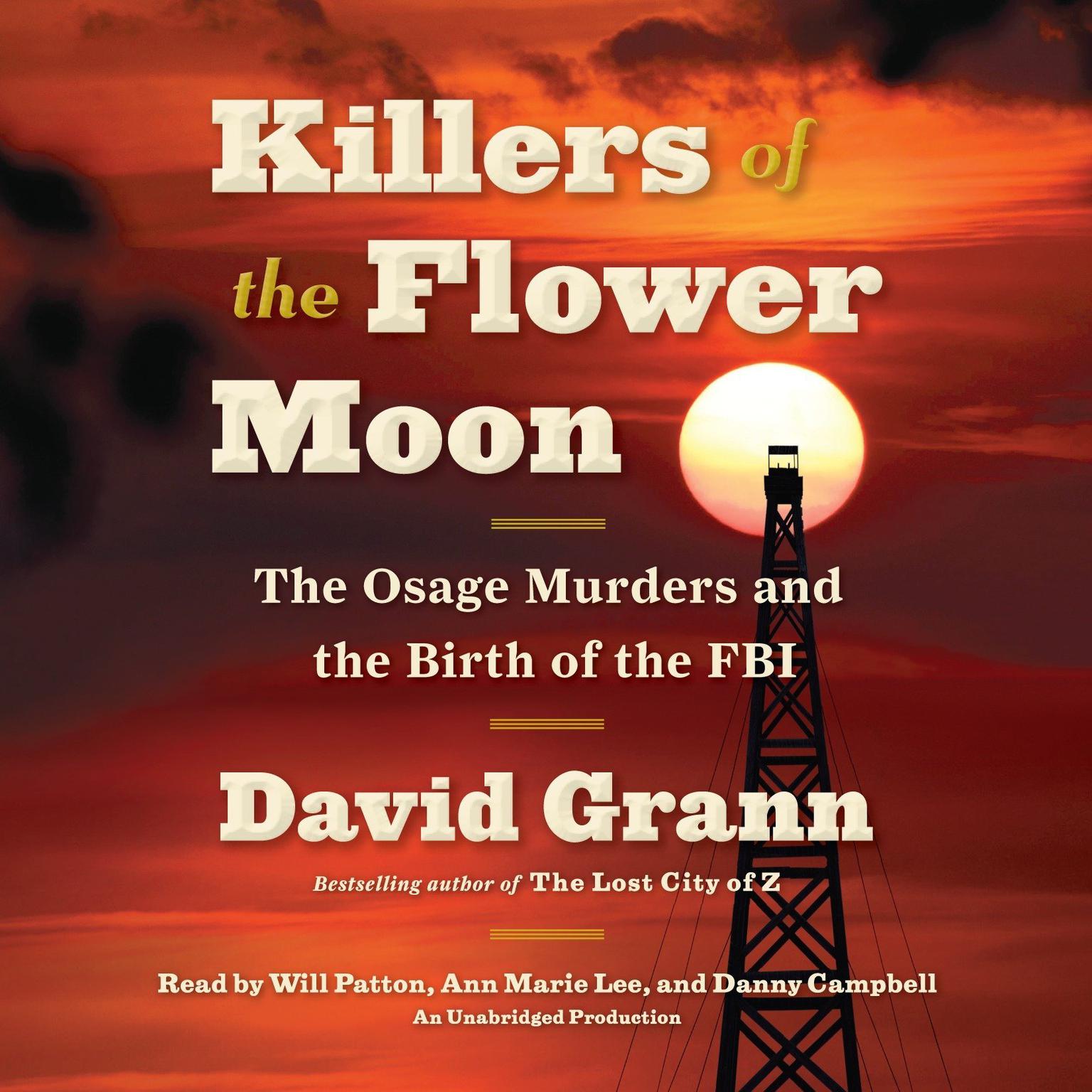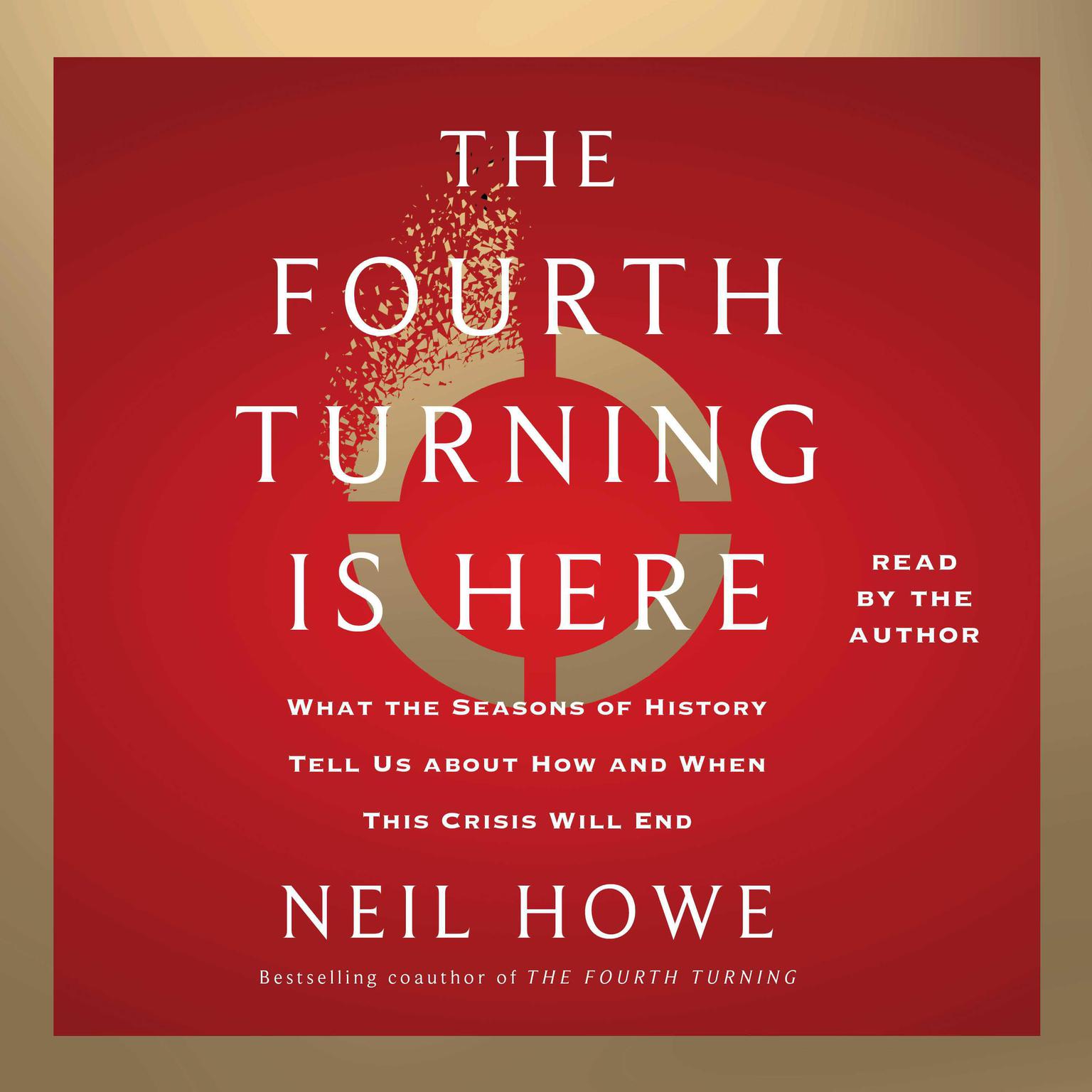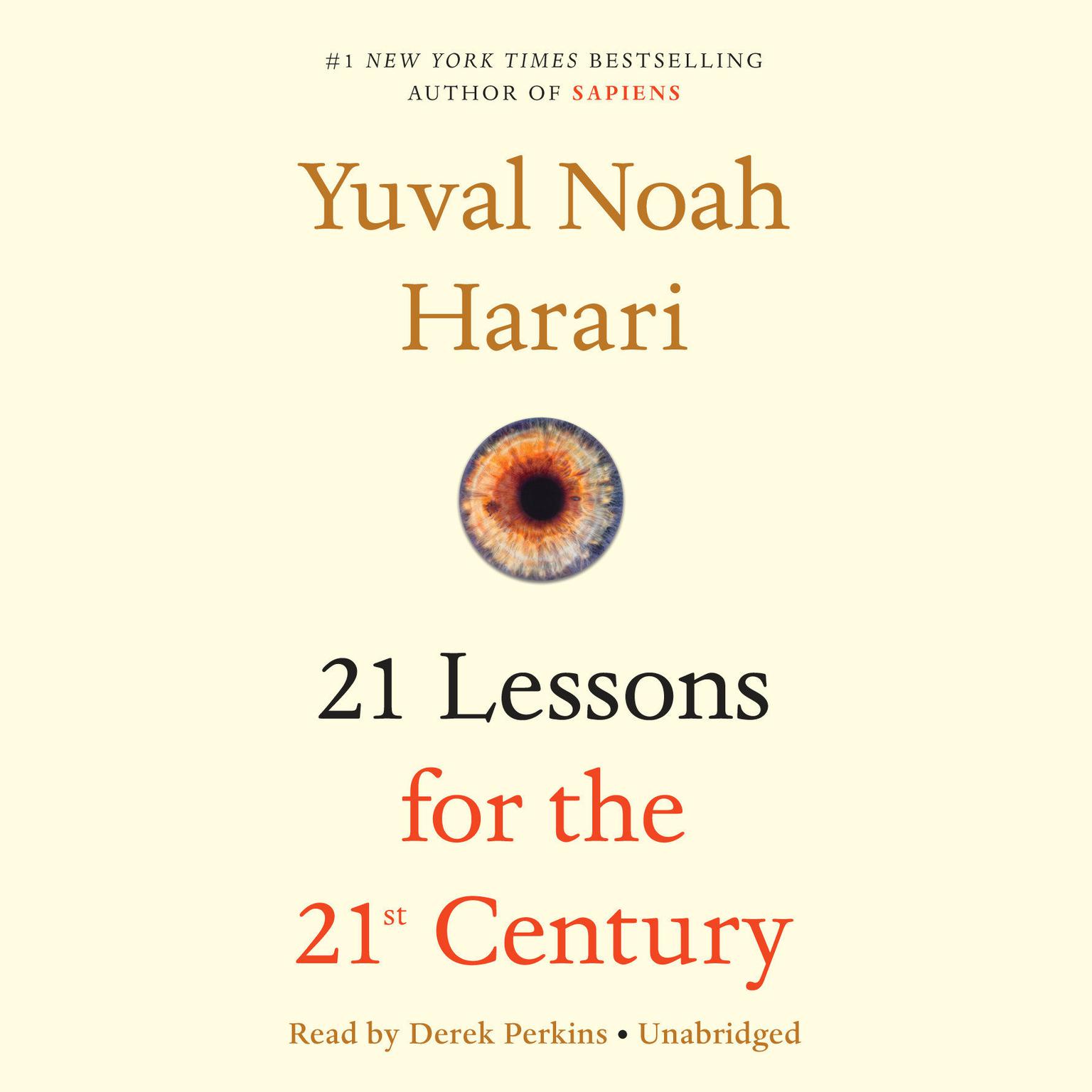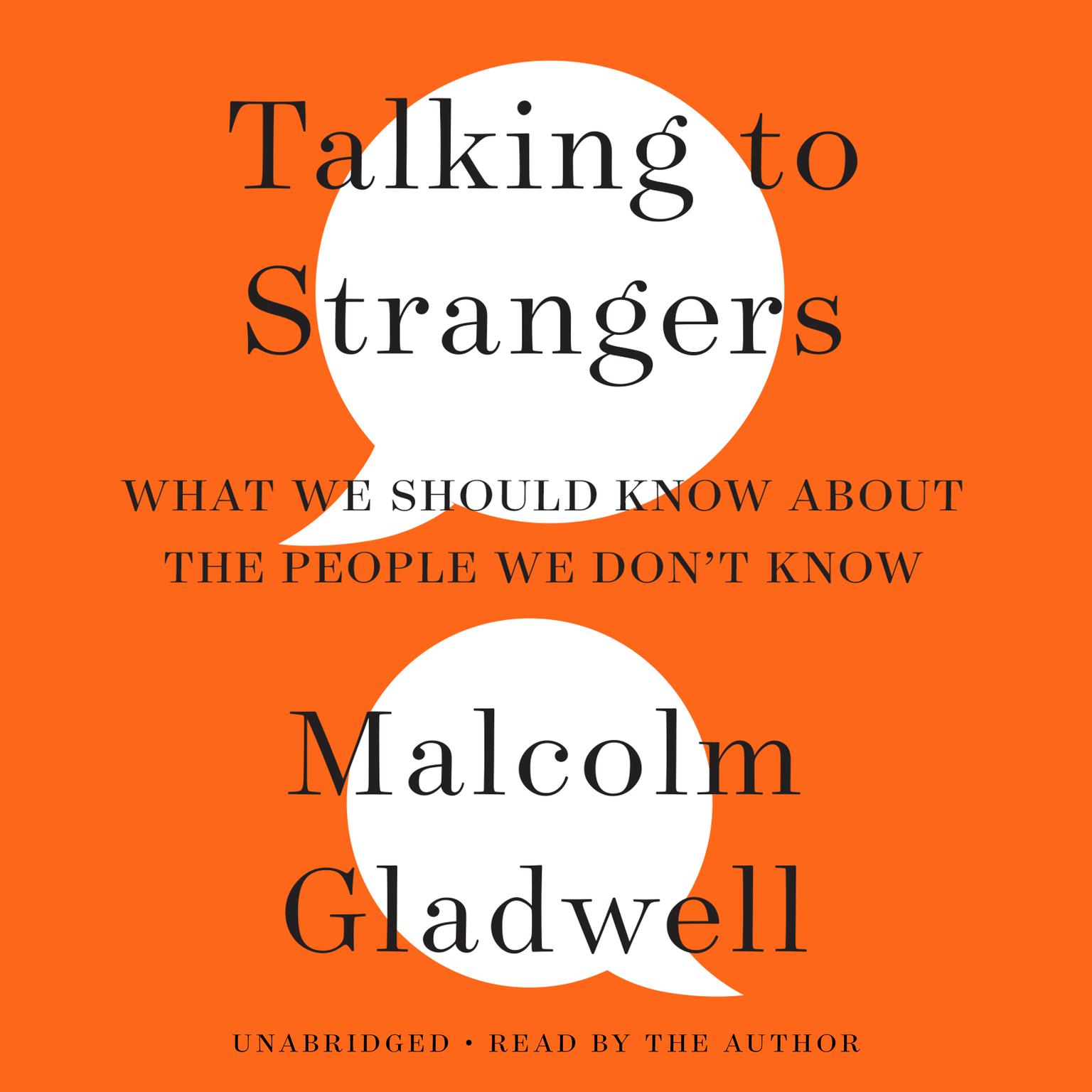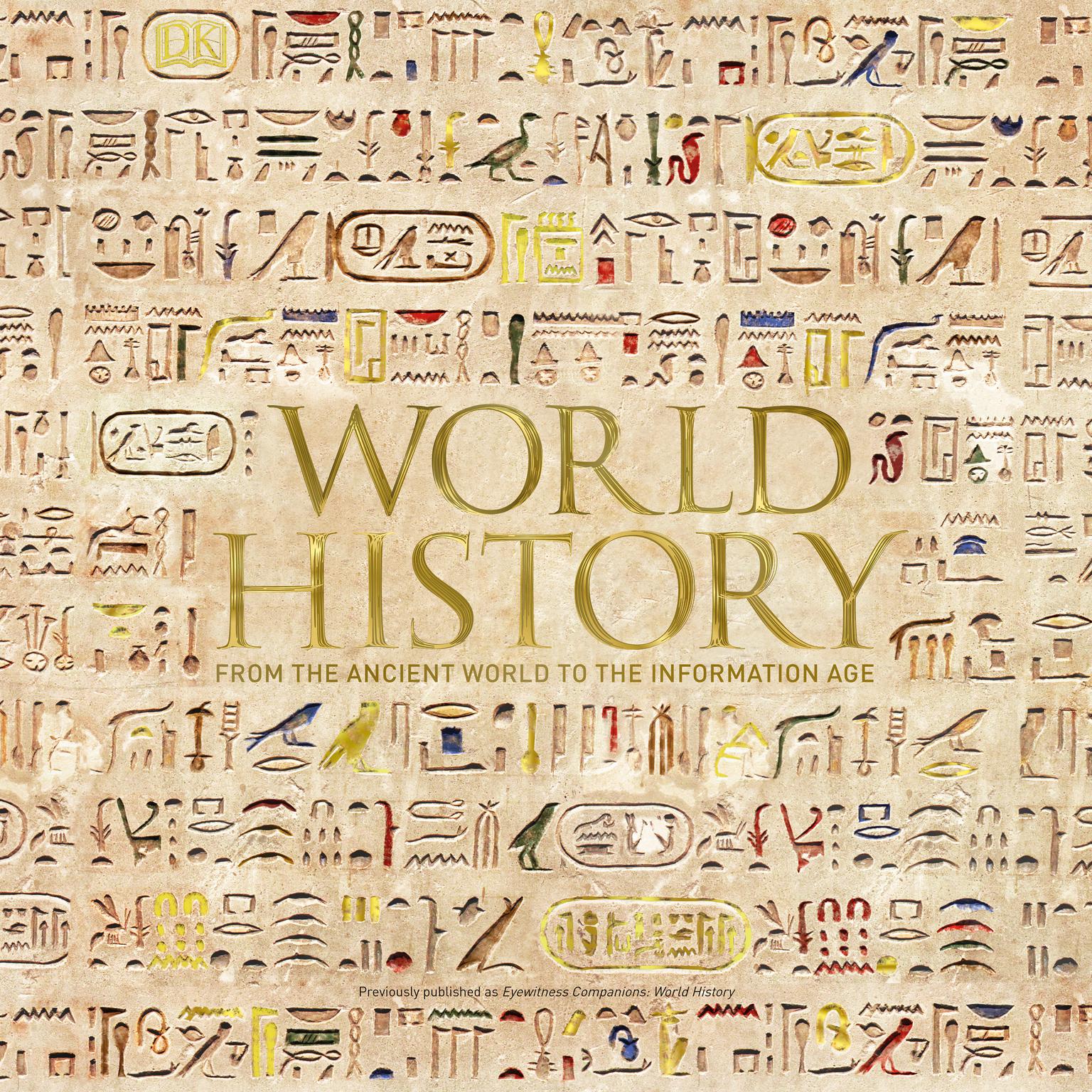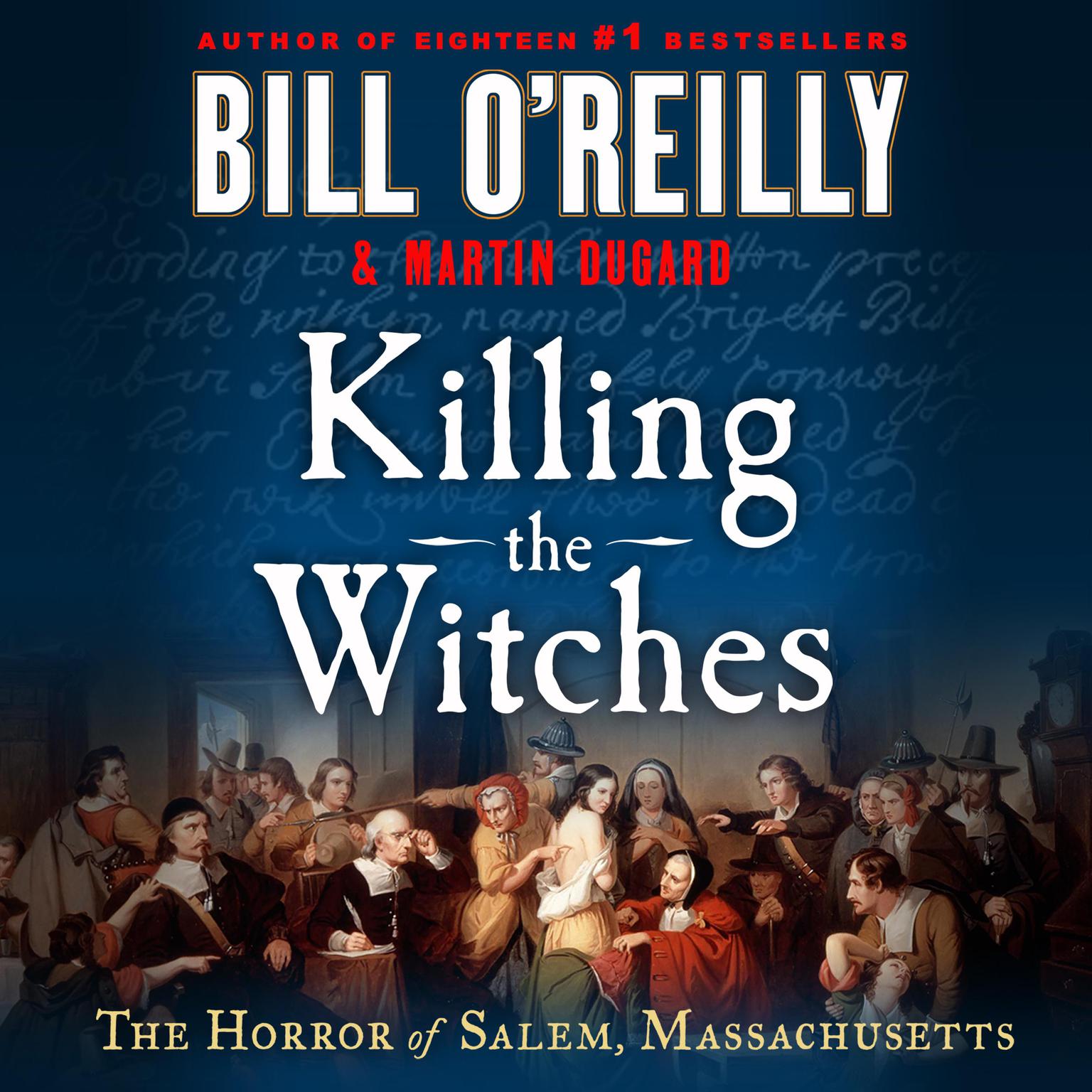Publisher Description
Knut Hamsun’s Hunger, first published in 1890 and hailed as the literary beginning of the twentieth century, is a masterpiece of psychologically driven fiction. The story of a struggling artist living on the edge of starvation, the novel portrays the unnamed first-person narrator’s descent into paranoia, despair, and madness as hunger overtakes him. As the protagonist loses his grip on reality, Hamsun brilliantly portrays the disturbing and irrational recesses of the human mind through increasingly disjointed and urgent prose. Loosely based on the author’s own experiences prior to becoming a successful writer, Hunger announced the arrival of a new kind of novel and heavily influenced such later writers as Kafka and Camus. This edition is the translation by George Egerton.
Download and start listening now!
“I’m pretty lucky, I guess; I’ve been middle-class all my life, never had to worry about where my next meal was coming from or if there would be a next meal. I’ve never known starvation, despite saying stuff like “I’m starving!” when it’s a half-hour past lunchtime and I haven’t eaten yet. So why do I identify with the undernourished protagonist of Hunger so strongly? Perhaps it’s because I’m an introvert; like the protagonist, I sometimes have internal conversations with myself in the third person, or refer to myself (internally) as “we,” or say “Let’s go” to myself when there’s no one else around. I also tend to superstitiously keep an antennae out for signs from the universe when making inconsequential decisions (“Hmm, Nature’s Own bread or Pepperidge Farm? Hey, that kid just dropped a container of pepper. Pepperidge Farm it is!”). And sometimes I shake my fist (figuratively speaking) at God or the Universe or the Fates or whoever it is throwing me curveballs in life and probably having a good ol’ time watching the results.
Alright, so these are personality quirks, minor neuroses, subconscious whatevers that really don’t do me any harm because my conscious mind is able to say “That’s ridiculous” and move on. Hunger’s protagonist, I think, for whatever reason, lacks that filter. He is so in tune with his own subconscious that he allows his subconscious to essentially do the driving. His rational, conscious mind watches himself from the outside as his subconscious makes him do things that he knows knows are ridiculous or harmful, but he can’t help himself. He is his own audience surrogate; the observer and the observed. It is the lucid conscious mind that communicates with us, sidling up next to us, crossing its arms and shaking its head, good-naturedly lamenting, “Get a load of this guy, will you? What in the world is he thinking? What’ll he do next?” We’re both just here to watch the show, me and him, and the subconscious is the star.
It is this convivial tone that keeps this book from being a descent into the dark murkiness of a tortured soul. Despite the Time Out quote on the cover of my edition that states, “One of the most disturbing novels in existence,” it is not unremittingly bleak, as I was expecting. The tone is surprisingly lighthearted and humorous. The narrator certainly lives a grim existence, but he never feels sorry for himself, so neither do we. The fact that Hamsun never allows him to merely languish in self-pity is the source of it’s great power. If this desperate, blighted man still has hope, then that certainly offers some hope to the rest of us.”
—
Rod (5 out of 5 stars)
